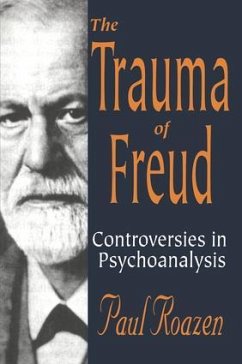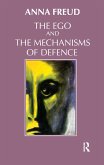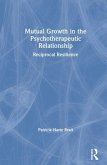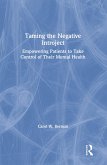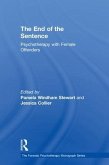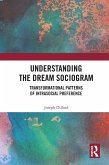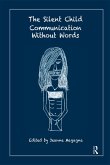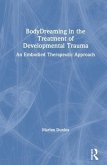Over one hundred years have passed since Sigmund Freud first created psychoanalysis. The new profession flourished within the increasing secularization of Western culture, and it is almost impossible to overestimate its influence. Despite its traditional aloofness from ethical questions, psychoanalysis attracted an extraordinary degree of sectarian bitterness. Original thinkers were condemned as dissidents and renegades and the merits of individual cases have been frequently mixed up with questions concerning power and ambition, as well as the future of the "movement." In The Trauma of Freud, Paul Roazen shows how, despite this contentiousness, Freud's legacy has remained central to human self-awareness. Roazen provides a much-needed sequence and perspective on the memorable issues that have come up in connection with the history of Freud's school. Topics covered include the problem of seduction, Jung's Zurich school, Ferenczi's Hungarian following, and the influence of Melanie Klein and Anna Freud in England. Also highlighted are Lacanianism in France, Erik Erikson's ego psychology, and Sandor Rado's innovations. In considering these historical cases and related public scandals, Roazen continually addresses important general issues concerning ethics and privacy, the power of orthodoxy, creativity, and the historiography of psychoanalysis. Throughout, he argues that rival interpretations are a sign of the intellectual maturity and sophistication of the discipline. Vigorous debate is healthy and essential in avoiding ill-considered and dogmatic self-assurance. He observes that potential zealotry lies just below the surface of even the most placid psychoanalytic waters even today.Examining the past, so much a part of the job of scholarship, may involve challenging those who might have preferred to let sleeping dogs lie. Roazen emphasizes that Freud's approach rested on the Socratic conviction that the unexamined life is not worth living and that this con
Bitte wählen Sie Ihr Anliegen aus.
Rechnungen
Retourenschein anfordern
Bestellstatus
Storno

